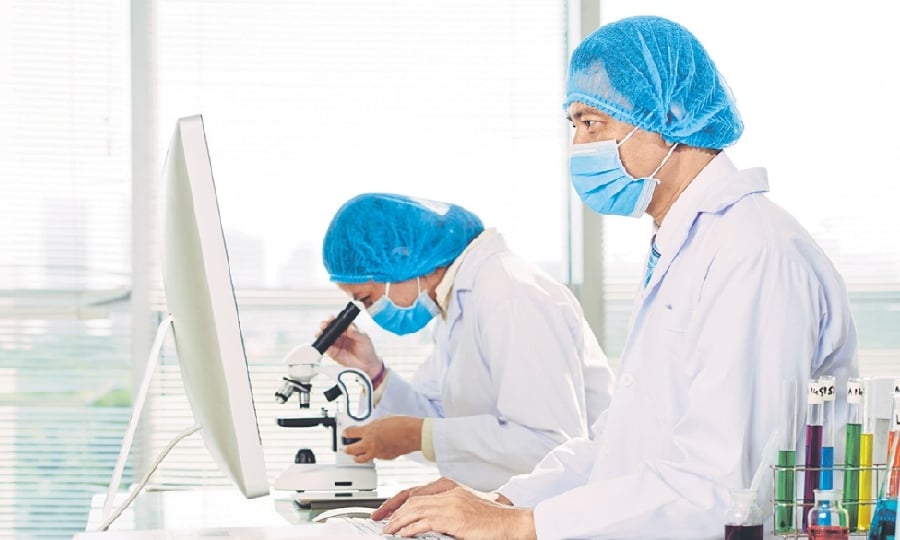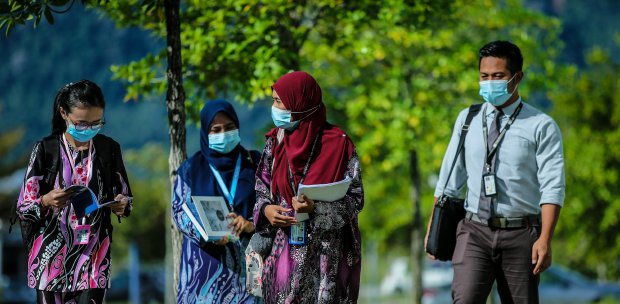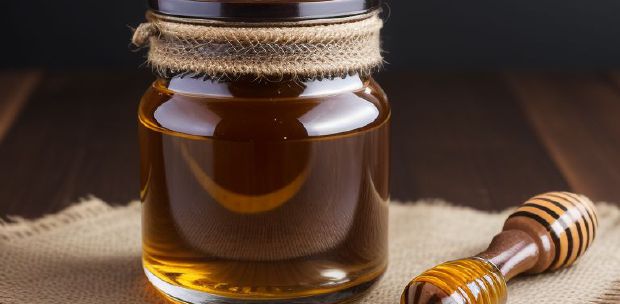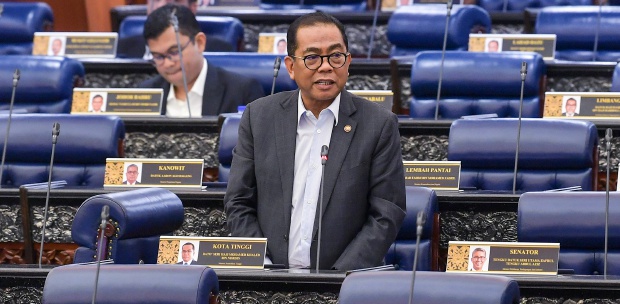UNIVERSITIES are gearing up for the return of research mode postgraduate students. And with strict standard operating procedures (SOP) in place, academics are positive that their students can resume work safely.
On May 27, the Higher Education Ministry announced that only five categories of students could continue their work on campus.
They included masters and PhD students, who required access to specialised equipment in laboratories, workshops and design studios.
It was a timely move, said Universiti Sains Malaysia (USM) School of Physics dean Professor Dr Azlan Abdul Aziz.
"In line with our Accelerated Programme for Excellence (APEX) and Research University status, USM always makes proactive decisions. On May 13, we came up with our own SOP for students.
"Two of our most active labs at the School of Physics, the Nano-Optoelectronics Research and Technology Lab (NORLab) and the Condensed Matter Lab, have a strict cleanroom protocol."
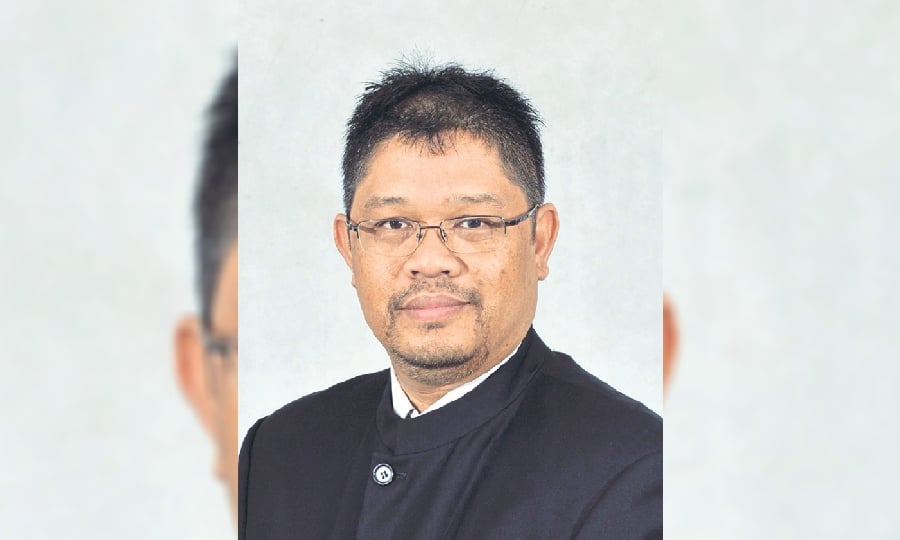
A vital feature in specialised research, a cleanroom is a controlled environment where pollutants and aerosol particles are filtered out to maintain sterility.
According to Azlan, the labs would be opened to all postgraduate students, subject to screening by USM and approval by respective deans.
"Students have to undergo a compulsory lab safety and procedure course before being allowed to enter our facilities.
"Our labs can be accessed only by students with keycards.
"Only selected lab staff will be present, and there will be no face-to-face interactions. They will conduct the students' sample characterisation experiments and measurements."
"Social distancing had to be observed under the National Security Council (NSC) directives, he added.
"Each lab has a specific e-booking schedule to limit the number of students at one time. All postgraduate students have their own setup for their work."
Students must factor the possibilities of lab disruption in their schedule until the end of the year, Azlan said.
"They must take into account delays in material procurement, and limited access to equipment or hardware.
"Students may require at least an extension of one semester or six months.
"To alleviate their financial woes, USM's Institute of Postgraduate Studies is looking into offering fee discounts. Currently, we provide free meals to students in campus and financial assistance to attend virtual conferences to present findings and communicate with peers and experts," said Azlan.
Universiti Teknologi Mara (UiTM) Faculty of Electrical Engineering dean Associate Professor Dr Juliana Johari said postgraduate students need to continue their studies.
"Allowing students to return to the lab is essential, especially for those who have halted work due to inaccessible labs and equipment.
"For now, priority will be given to sponsored and grant-funded students, as deferment is not allowed even during this pandemic. Lab work must resume for their research to complete within the stipulated time."
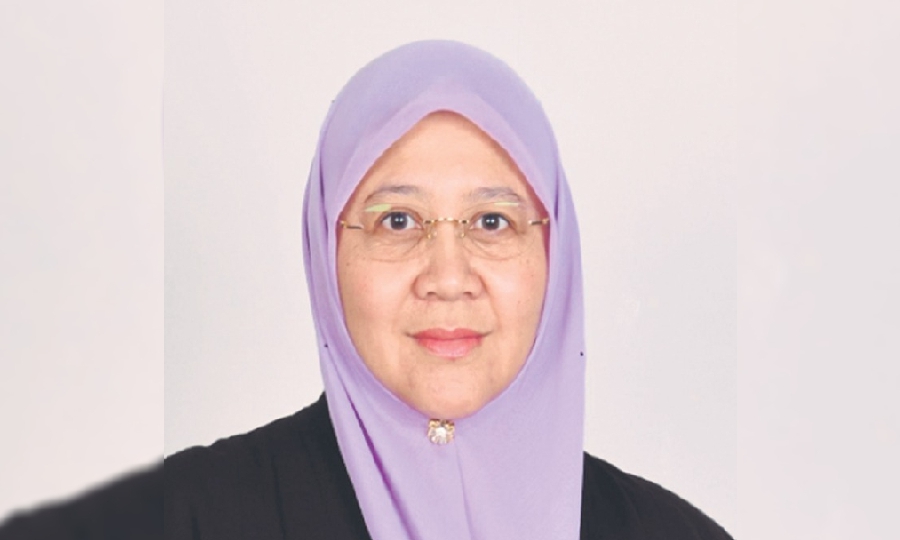
The UiTM Institute of Graduate Studies (IPSIS) is in the midst of releasing an SOP for students.
"We will guide our students and ensure their compliance. Supervisors need to provide us with information about their students' movement on campus, the labs involved, and the staff who will be assisting them.
As such, we will be able to closely monitor them."
Juliana outlined several precautionary measures that need to be taken.
"Students must be tested negative for Covid-19 before they are allowed to return to campus. UiTM staff are also required to disclose their health status on a daily basis via the Covid-19 Declaration Form.
"Laboratory staff will ensure that social distancing is practiced."
In regard to research continuity, she said students could apply for a deferment of their studies.
"For those continuing their studies, these students will only be able to continue lab work next semester, but subject to instructions from NSC.
"We understand that the current situation is difficult for research students who must have a high level of self-discipline in their work. However, we advise them to stay focused, maintain their momentum and learn to adapt to the new normal."
International Islamic University Malaysia (IIUM) Kulliyyah of Architecture and Environmental Design (KAED) Quantity Surveying Department lecturer Assistant Professor Dr Roziha Che Haron welcomed the decision to allow postgraduate students to continue their lab work.
"Some students need to undertake physical research, especially in designing and building prototypes.
"This is to adhere to the requirements set by the Board of Quantity Surveyors. For example, in fulfilling accreditation guidelines as a professional course."
A comprehensive guideline was required to minimise the risks during the pandemic, said Roziha.
"According to IIUM's policy of Maqasid Al-Shariah (protection of life), the university is committed to ensure everyone's safety and has issued guidelines on this matter.
"Each department in KAED is also required to draw up its own guidelines to ensure safety measures are implemented based on the SOP.
"This includes body temperature checks, social distancing among staff and students in the studio, and sanitary practices."
It's important to look for a silver lining in the current situation, she added.
"While there are difficulties in data collection, having the time and access to a vast literature can help students produce a clear and comprehensive research theoretical framework.
"I encourage my supervisees to produce research papers and motivate them to complete their tasks," said Roziha.


